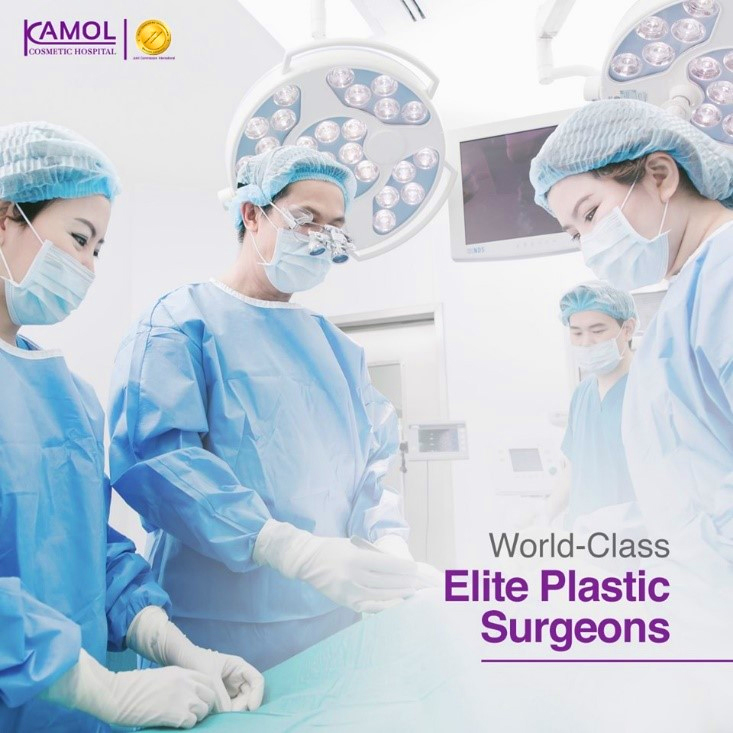Cheek Lines or Nasolabial Fold
The nasolabial fold is the deep crease running from either side of the nose towards the corners of a mouth. This crease becomes more noticeable as part of the natural aging process. Fat is lost from the cheeks, reducing skin volume and making this fold appear deeper. Repeated smiling or having a "big smile" may result in permanent, deep creases in this area. Many treatment procedures to correct nasolabial fold include;
- Dermal filler injection
- Fat graft
- Laser tightening
- Surgery
Dermal filler injection is the best choice for mild to moderate tear troughs, as it does not require downtime or recovery.
A good candidate for Nasolabial Fold Filler
- Mild to moderate nasolabial fold without skin conditions, such as infection at the injection area.
- No history of allergic reaction to hyaluronic acid dermal filler
- Realistic expectation
Preparation for Nasolabial Fold Filler
- consultation with the doctor about your expectation
- Stop taking anti-inflammatory medication such as Ibuprofen or aspirin for at least two weeks or some vitamin and herbal supplements that may increase bleeding during and after the procedure
The procedure of Nasolabial Fold Filler
The procedure typically takes less than half an hour. Nasolabial fold filler is painless and can be performed under local anesthesia. The total time of examination and injection is usually less than 10-15 minutes.
Post-procedure Care for Nasolabial Fold Filler
- The patients should avoid intense or extended pressure within the treated area
- The patients should be informed about aftercare, such as avoiding massage, strenuous physical activity, and exposure to extreme cold or heat for up to six hours post-treatment
- It is important to schedule follow-up sessions to assess the clinical result. Touch-ups may be performed in the follow-up sessions if required.
Risks and Complications for Nasolabial Fold Filler
The risks and complications are sporadic under specialist care, including:
- Pain
- Infection
- Swelling and bruising
- Over-filled or Asymmetry
- Tissue necrosis or Blindness
Recovery from Nasolabial Fold Filler
After treatment, pain is minimal. Patients can return to work in a day, and the results can last for a year or more.




